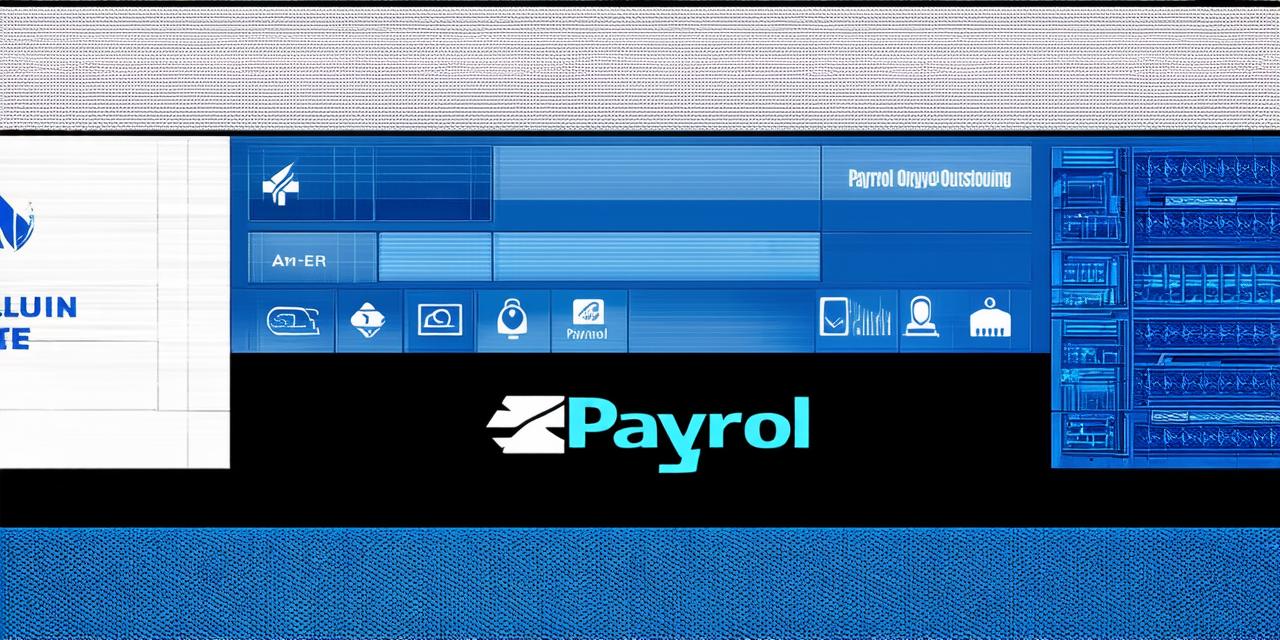Understanding Payroll Outsourcing
BlogPayroll outsourcing has become a popular practice among businesses of all sizes. With the increasing complexity of payroll regulations, outsourcing payroll to a third-party provider can help businesses save time and money while ensuring compliance with labor laws.
Table of Contents
ToggleWhat is Payroll Outsourcing?
Payroll outsourcing refers to the practice of contracting with a third-party payroll provider to handle the administrative tasks associated with managing employee compensation. This includes tasks such as calculating wages and benefits, processing tax payments, and complying with labor regulations. By outsourcing payroll, businesses can free up time and resources to focus on other aspects of their operations.
Benefits of Payroll Outsourcing
There are several benefits that come with outsourcing payroll. These include:

- Compliance with Labor Regulations: Payroll regulations can be complex, and non-compliance can result in costly fines and legal action. By outsourcing payroll to a third-party provider, businesses can ensure that they are in compliance with all applicable laws and regulations.
- Time and Cost Savings: Payroll processing can be time-consuming and costly for businesses, especially when it comes to calculating taxes and benefits. Outsourcing payroll can save businesses significant amounts of time and money, allowing them to focus on other aspects of their operations.
- Increased Accuracy: Payroll providers have the expertise and technology to ensure that all calculations are accurate and up-to-date. This can help reduce errors and minimize the risk of financial penalties.
- Flexibility: Outsourcing payroll allows businesses to scale their operations as needed, without having to worry about payroll processing. This can be particularly useful for seasonal or cyclical businesses.
How to Choose a Payroll Provider
When choosing a payroll provider, it’s important to consider the following factors:
- Reputation: Look for a payroll provider with a strong reputation in the industry. Check online reviews and ask for references from other businesses.
- Services Offered: Make sure that the payroll provider offers all the services you need, such as tax processing, benefits administration, and compliance monitoring.
- Cost: Compare costs among different providers to find one that fits your budget. Be sure to consider the cost of software, setup fees, and ongoing maintenance.
- Technical Support: Look for a payroll provider with a dedicated technical support team that can answer your questions and provide guidance as needed.
- Customization: Consider whether you need a payroll provider that can customize their services to meet your specific needs. This may be especially important for businesses in highly regulated industries.
Summary
Payroll outsourcing can provide significant benefits for businesses of all sizes, including compliance with labor regulations, time and cost savings, increased accuracy, and flexibility. By choosing the right payroll provider, businesses can ensure that their payroll operations run smoothly and efficiently, allowing them to focus on other aspects of their operations.
